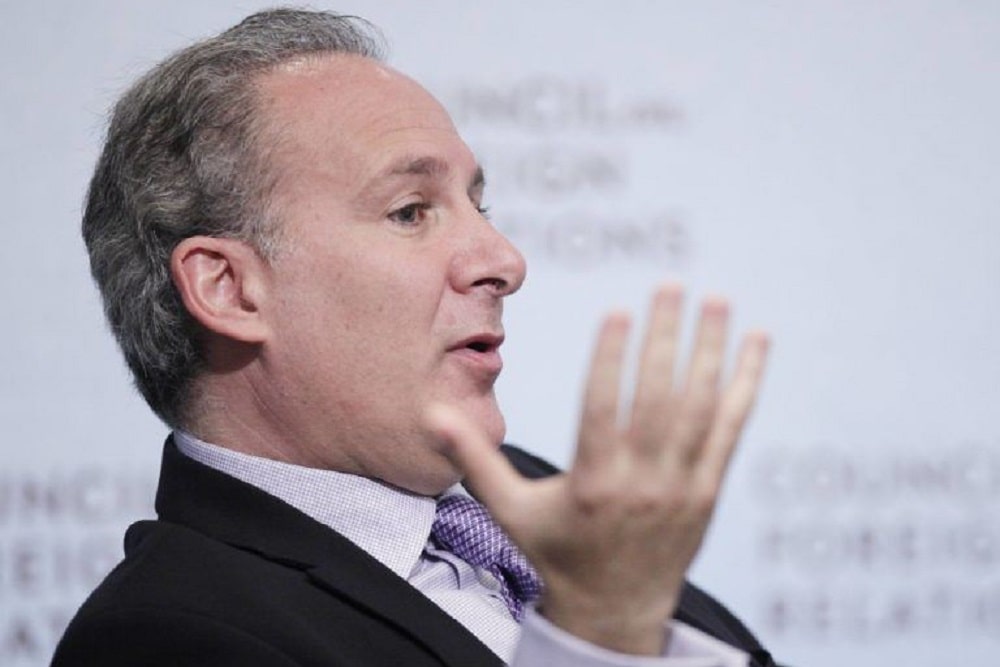Danny Scott, the CEO of UK-based Bitcoin exchange CoinCorner, in a recent interview with Ste Davies, likened altcoins to a clone or imitation of Bitcoin.
He said, “a lot of the time, 99% of the time, the project (altcoins projects) just mirrors the Bitcoin [but] they’ve changed the name and are now controlled with some central authority of some manner.”
Scott listed Litecoin as an example of altcoins that was created as a Bitcoin clone first but later changed to develop its kind of niche. The name and confirmation time was altered. The mining algorithm was also changed to a script-based algorithm affecting the method of mining and making a difference between the method of mining Bitcoin and Litecoin.
However, he stated that most people view the likes of Litecoin as a test part of Bitcoin. That is, they can be used to test new technology and see how it goes. If it works, it can be added to Bitcoin, but if it doesn’t and makes the altcoin system break, then not much damage is done as it is a small scale cryptocurrency.
The CoinCorner CEO further added that “for the majority of the altcoins, there is no real need for them, to be honest.” But he mentioned Ethereum (ETH) and Monero (XMR) as some of the few altcoins that have created their kind of niche and shouldn’t be dismissed to some extent.
For Ethereum, it was created for smart contracts, and Monero was designed for complete anonymous privacy. These altcoins have their target market, but they (altcoins) should not necessarily be compared with Bitcoin.
When quizzed if he is a Bitcoin maximalist and believes that altcoins are “shit coin,” Scott answered, “I probably sit on the end of the maximalist side, but you gonna also keep an open mind.”
He explained that due to ever-changing technology and the creation of innovative ones, he doesn’t keep a closed mind and still does extensive research on other coins and see how they relate to Bitcoin.
Slow, but careful
Bitcoin tends to have a slow development pace in comparison with other coins. Danny Scott noted that this slow pace is due to the significant infrastructure surrounding the Bitcoin network.
And because of the magnitude of the Bitcoin network, Bitcoin core developers are mindful of adding new changes to the protocol to avoid colossal damage. This conscientiousness in updating the system is in contrast with other blockchain protocols that are quick to add new technology since they don’t have as much to lose as Bitcoin because they are not as “significant” as Bitcoin.
- Crypto Price Update July 24: BTC Maintains $66K, ETH at $3.4K, XRP, TON, and ADA Rallies
- Bitcoin Falls to $65K as Mt. Gox Transfers $2.8 Billion BTC to External Wallet
- News of Marathon Digital’s $138 Million Fine for Breach of Non-Disclosure Agreement Triggers a Bearish 2.5% of Its MARA Stock
- Are $530M Bitcoin ETF Inflows a Blessing or Caution?
- Metaplanet Teams with Hoseki for Real-Time Bitcoin Holdings Verification
- Building Secure Blockchain Systems: An Exclusive Interview with ARPA and Bella Protocol CEO Felix Xu
- Building The “De-Facto Crypto Trading Terminal”: An Exclusive Interview with Aurox CEO Giorgi Khazaradze
- Building a New Global Financial System: An Exclusive Interview With Tyler Wallace, Analytics Head at TrustToken
- “Solana is the Promised Land for Blockchain” — An Exclusive Interview with Solend Founder Rooter
- El Salvador: Where The Bitcoin Revolution Begins With A Legal Tender

 Why Trust Us
Why Trust Us







